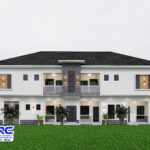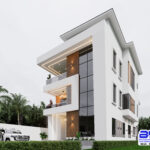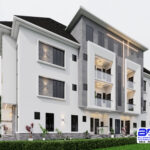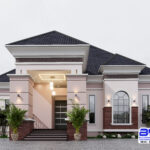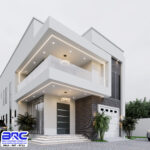When it comes to construction in Nigeria, one of the most commonly used materials is the concrete block.
These blocks are used for a wide range of building types, from residential homes and fences to commercial buildings.
If you’re planning a construction project, it’s essential to know the standard size of blocks in Nigeria to ensure you’re using the right materials and following industry norms.
Table of Contents
Toggle
Standard Block Sizes in Nigeria
In Nigeria, there are generally two main types of blocks used in construction:
- 5-inch blocks
- 6-inch blocks
- 9-inch blocks
Let’s break these down:
1. 5-Inch Blocks
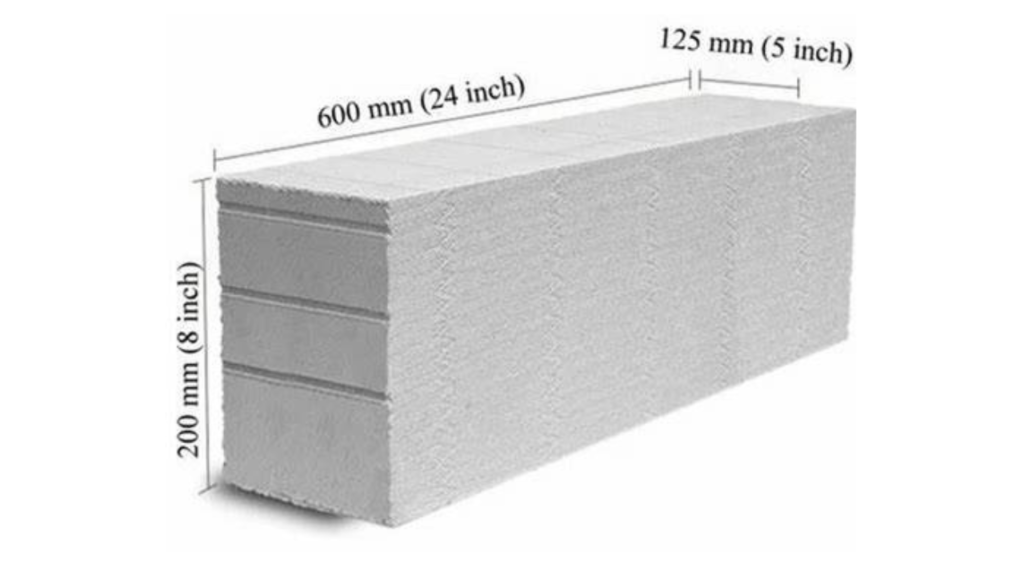
Dimensions: 450mm (length) x 127mm (width) x 225mm (height)
Common Uses
- Partition Walls: Used for non-load-bearing walls in residential and commercial buildings.
- Boundary Walls: Suitable for fencing and perimeter walls.
- Interior Dividers: Helps create separate spaces within buildings.
- Lightweight Construction: Preferred in areas where structural weight needs to be minimized.
See also – How to check the quality of blocks before buying
2. 6-Inch Blocks
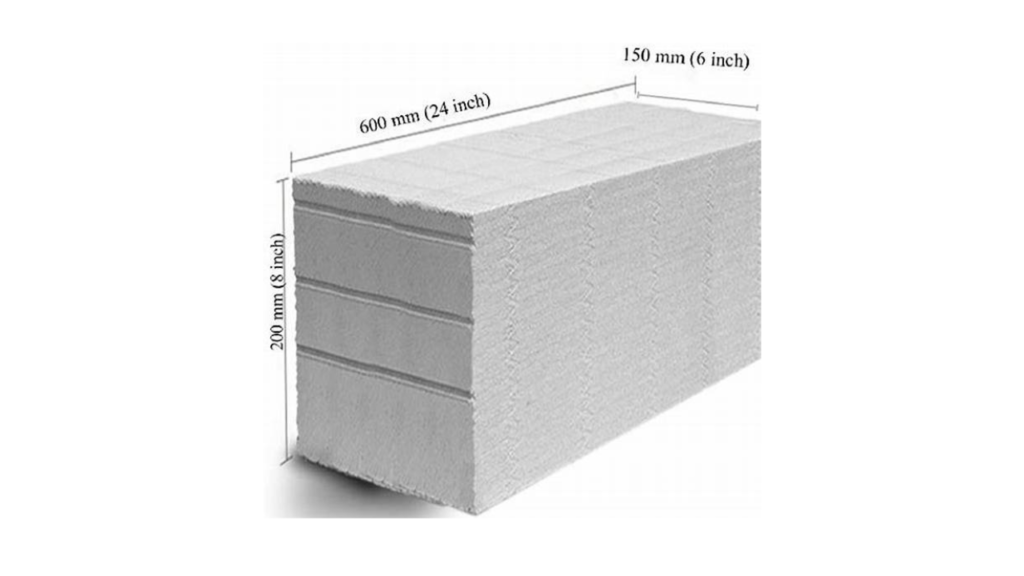
Dimensions: 450mm (length) x 150mm (width) x 225mm (height)
Common Uses of 6-Inch Blocks
- Load-Bearing Walls: These blocks are often used for structural walls in buildings.
- Foundation Walls: Suitable for supporting structures due to their strength.
- Partition Walls: Used to divide spaces within buildings.
- Boundary Walls: Frequently used for fencing and perimeter walls.
- Retaining Walls: Helps in landscaping and soil retention.
These blocks are lighter and cost less than 9-inch blocks, making them ideal for interior walls where heavy structural strength isn’t required.
See related – Which is better: buying blocks or molding on-site
3. 9-Inch Blocks
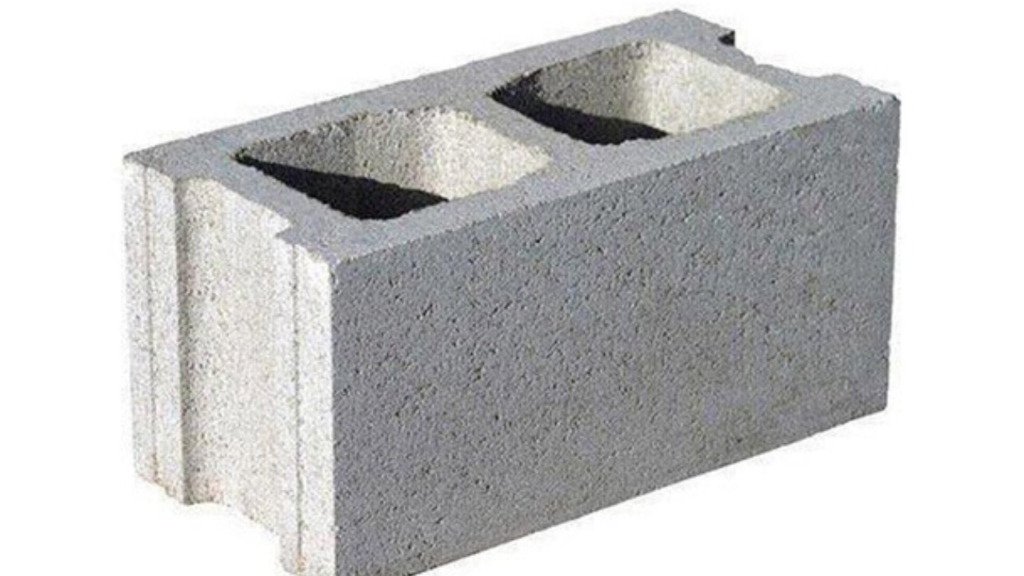
Dimensions: 450mm (length) x 225mm (width) x 225mm (height)
Common Uses of 9-Inch Blocks
- Load-Bearing Walls: Ideal for supporting multi-story buildings due to their strength.
- Foundation Walls: Used in the base of structures to provide stability.
- External Walls: Often used for perimeter walls and exterior building walls.
- Retaining Walls: Helps in landscaping and soil retention.
- Soundproofing & Insulation: Due to their thickness, they offer better noise and thermal insulation.
These blocks provide more strength and insulation, making them suitable for outer walls that bear the structural weight of the building.
See also – Which sand is best for Moulding blocks in Nigeria?
Hollow vs. Solid Blocks

Concrete blocks in Nigeria also come in two variants:
- Hollow Blocks: These have voids in them, reducing weight and cost. They are commonly used for their good thermal and sound insulation.
- Solid Blocks: These are heavier and stronger, used in areas where more structural strength is required.
Local Variation of Blocks in Nigeria
While the standard sizes above are widely used, it’s important to note that some block makers in Nigeria produce blocks that fall slightly outside these dimensions either to cut costs or due to inconsistencies in mold sizes.
This is why it’s crucial to:
- Buy from reputable suppliers
- Verify block dimensions and strength
- Use machine-molded blocks where possible for better accuracy and quality.
Conclusion
Understanding the standard size of blocks in Nigeria is crucial for anyone involved in building or construction.
Whether you’re a developer, builder, or homeowner, using the correct block size ensures durability, safety, and compliance with building codes.
If you’re planning a project and not sure which block to use, consult with a civil engineer or architect, they’ll help you make the right choice for your building type and budget.
Frequently asked questions
What are the standard sizes of concrete blocks in Nigeria?
- The most commonly used sizes are 6-inch blocks (6″ x 9″ x 18″) and 9-inch blocks (9″ x 9″ x 18″). These dimensions are widely accepted in construction.
What is the difference between 6-inch and 9-inch blocks?
- 6-inch blocks are mainly used for partition walls (non-load-bearing walls), while 9-inch blocks are preferred for load-bearing walls that support structural weight.
Are hollow blocks available in Nigeria?
- Yes! Hollow blocks are commonly used in construction, especially for non-load-bearing walls where weight reduction and cost savings are important.
How many blocks are needed for a standard 1-room house?
- The quantity depends on the house design, wall thickness, and openings like doors and windows. On average, a 1-room house may need around 300-500 blocks depending on its dimensions. Consulting a quantity surveyor will give precise estimates.
Can I mold my own blocks instead of buying?
- Yes, many builders and homeowners mold their own blocks to reduce costs and ensure quality. However, using proper block-making machines and materials is crucial for strength and durability.


